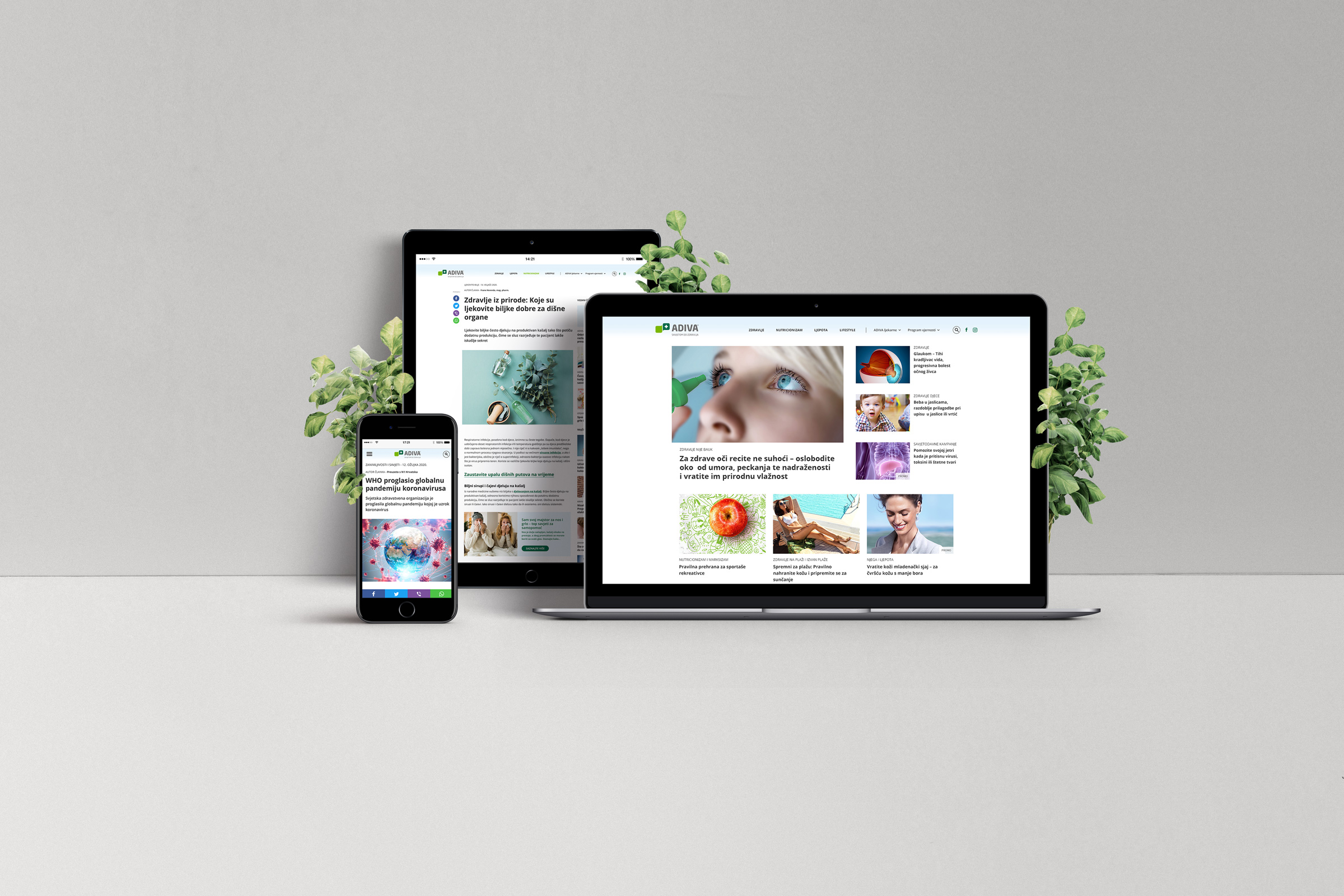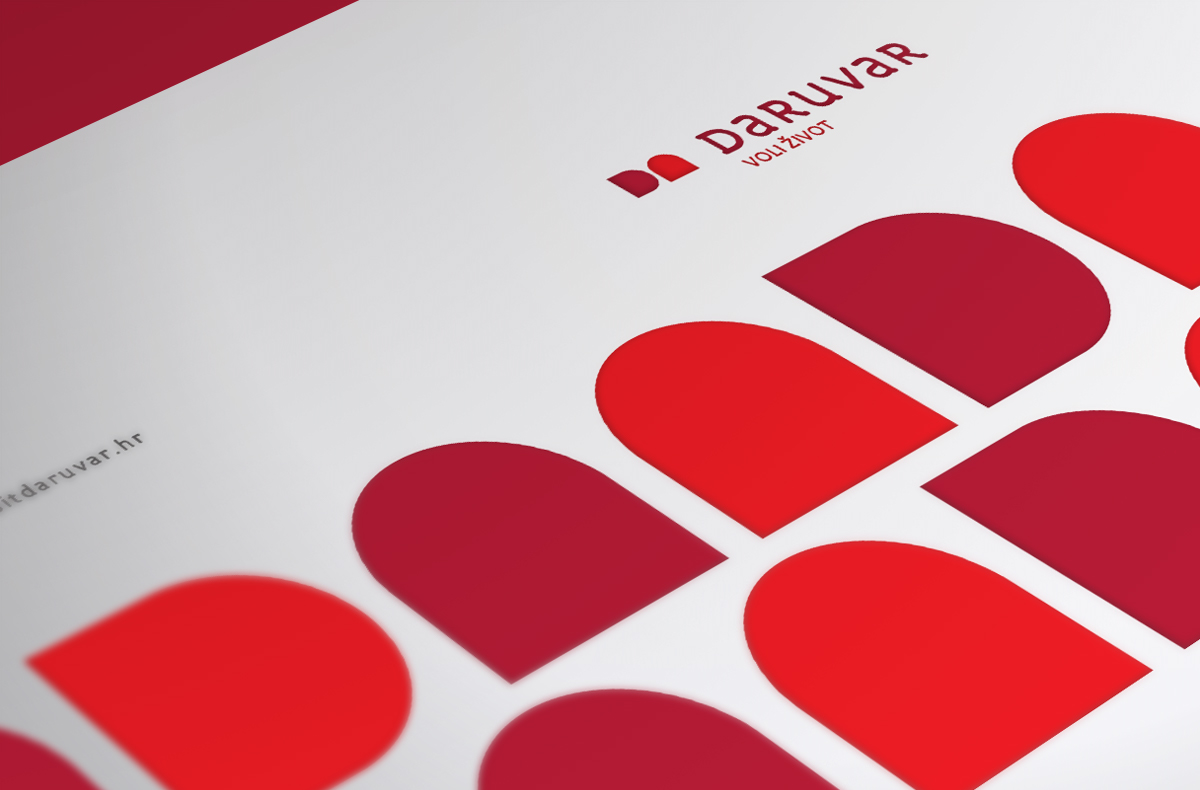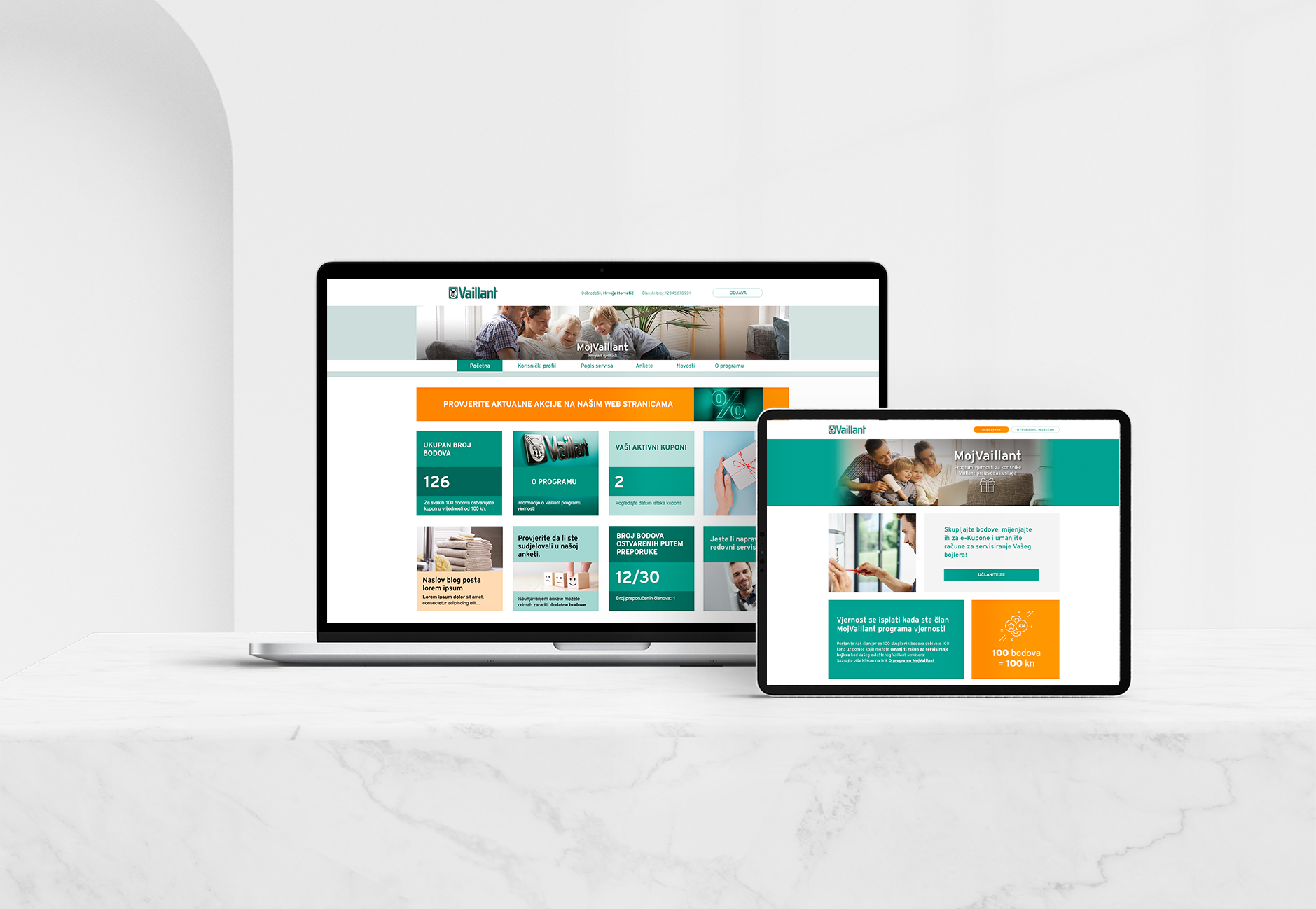Nine questions you should ask yourself before developing an app
Mobile applications are a huge trend but also a huge marketing potential. We’ve already mentioned apps as a great way to create brand loyalty and expand your business in digital marketing. Maybe that inspired you to create your application with the help of a digital agency?

But first, a little information about the applications you need to know.
There are currently more than 5 million mobile applications available in the market. Over 4,000 new applications are released every day, i.e., 100,000 applications per month on Android and over 30,000 on iOS. Users are spending more and more time on mobile apps. While in 2019, that number was over 3 hours a day, today it is around 4.2 hours every day. Do you need even more incentive to create an app?
Now it’s time to ask you a couple of questions that you need to answer yourself before you think about building a mobile app.
Do you need to develop an app at all?
The appeal of application development is clear. The mobile world is advancing day by day, technology and capabilities are constantly stepping forward. And you want to be a part of it, of course. But does your business need a mobile app? That is the first and most important question you need to answer.
Mobile app development is expensive. That's why it's essential to know whether the mobile application will bring you additional traffic. Will it help you solve long-term marketing and business goals? If the answer to both questions is “yes”, we can move on, but if the answer is “no”, feel free to stop here.
Which platform to choose?
Although the answer here seems to be in the “either-or” sphere, it's not so clear-cut. Yes, the first platforms that probably came to your mind were Android and iOS. Still, you can also consider developing for React Native and Windows platforms, where you don’t limit yourself exclusively to the mobile market.
That means you can choose between native and hybrid type application development. This choice is crucial for the success of your application, and the wrong choice can unnecessarily limit or ultimately dilute your application. So what are we talking about?
Let’s start with native applications. As you may have guessed, these are mobile applications that run exclusively on one mobile operating system. It means, for example, if you want to create an application for Android, your developers will work in JAVA or Kotlina. On the other hand, if you plan to launch the app on iOS, Objective C and Swift will be the programming languages of choice to build the app.
But this is not just about limiting your developers to a particular programming language. It is also about limiting the scope and reach of your application. So choose native applications if you are entirely sure on which platform you want to place your application.On the other hand, we have hybrid applications. They are a more popular choice nowadays due to programming languages such as HTML5, CSS, and JavaScript. So if you want interactivity, frequent use of your app, a hybrid app is a good choice for you. The problems, of course, lie in the cost of development and the fear of operating on multiple platforms. Because as you know - more platforms mean more bugs.
Is there a market for your app?
As with any marketing and sales activity your company does, market research is crucial in application development. In addition, market and competition analysis will give you invaluable insights to help you avoid problems and implement the good practices of others.
It will also help you get to know your target audience better - you will know if your target audience needs your application!
How much will it cost you to create an application?
Often it's the most critical question. The answer varies, depending on your needs and financial capabilities.
Technically, the cost of creating an application is calculated per hour spent. However, these hours can vary considerably. For example, the cost of creating an application for American development companies is around $50 to $250, , while in Croatia the average is between $30 to $60 per hour.
In addition, we recommend that you set aside a part of your budget for updates, maintenance, and marketing activities.
Marketing activities?
It is very, very important to advertise your application to the target audience. As we’ve already mentioned, there are over 5 million mobile apps on the market, and in a way, you have to stand out. And that way can also be through marketing.
Let's take the example of the AboutYou application and its bombastic entry into the Croatian market. They’ve probably invested quite a bit of finance in making a takeover of social channels with their commercials.
Not a minute passed without their advertisement being visible. From YouTube pre-rolls, display ads, sponsored ads on Instagram and Facebook, and influencer posts. The result is visible in itself.
Do you know your target audience?
In almost every one of our posts, we note the importance of knowing your target group. The same thing applies to application development. Developing a mobile app without knowing your target audience is like tapping in the dark.
As in any activity, the most important thing is to know what benefit you are giving to your target group. Why should they download your app? What problem does your application solve?
In addition, the feedback from your users is invaluable. Ask them questions, find out what they want. After that, customize the goals to their needs, and your app will be great!
What is the reason for the existence of your application?
The question may seem slightly philosophical, but the answer you give to it is fundamental. To clarify, before handing over application development to a developer or digital agency, you need to make a briefing.
And in the first place of your brief should be the reason why you are making the application.
It primarily means defining what differentiates your app from the website, or in other words, what you can give to users with the app and not through the website. It’s a matter of both the overall strategy and vision you have for the app.
In addition, define how your reason matches your business goals and how the application will help achieve them.
How to test a mobile application?
You've sent the mobile application to developers or a digital agency for development. Great! Now what?
It's time for testing via the minimum viable app (MVP) access. What is MVP? It is a version of your application that consists exclusively of the essential features.
It's a crucial phase of application development as it provides answers to these questions:
- What problems does the mobile application solve for the user?
- What is your users' problem-solving process?
- What is the USP of your application?
- What is the most crucial feature of your application?
- What other features do you need to prioritize?
Understand the MVP phase as beta testing that gives you the tangible essence of your application.
In addition, use this phase to measure performance. It means setting the right metrics and analyzing all the problems that are currently present. To measure performance, the parameters you need to monitor are engagement KPIs, UI/UX, user growth rate, organic conversion rate and the like. Also, follow the ranking of your application on Google Play or the iOS store.
How will you make money on the app?
Before developing a mobile application, it would be good to devise a monetization strategy, if necessary. But, of course, certain brands do not need it - Zara, Zalando, and similar retailers that make additional sales through the application.
But if you want to profit from the app itself, set up a monetization strategy. It applies primarily to selecting the type of ads within the application - pay per click or pay per view. Placing ads or banners within the application is very simple and will not be a problem for developers.
Also, decide whether to charge for downloading the app or having in-app purchases and the like.
It’s time to develop the app
We have come to an end. If you have answered all these questions, it is time to start developing a mobile application. Entrust this task to a company or digital marketing agency you trust, and already has previous experience in developing applications for large clients.


